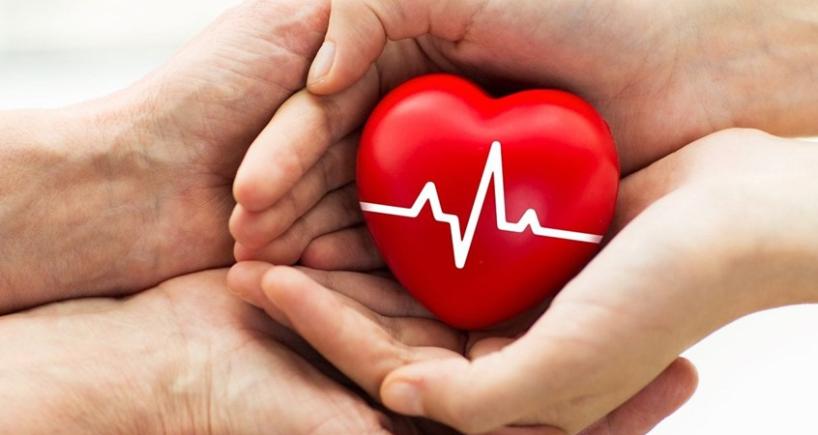
Know About Organ Donation
Q1. Can you be an organ donor if you have preexisting medical conditions?
Whether or not you can be an organ donor if you have pre-existing medical conditions depends on several factors, including the specific condition, the severity of the condition, and the type of organ being donated. In many cases, having a pre-existing medical condition does not necessarily disqualify you from being an organ donor.
Conditions that can affect organ function, increase the risk of complications during or after donation surgery, or potentially affect the recipient's health could lead to disqualification.
Ultimately, the decision about organ donation eligibility is made on a case-by-case basis by medical professionals involved in organ transplantation. If you are interested in becoming an organ donor and have pre-existing medical conditions, it's important to discuss your intentions with your healthcare provider or a transplant coordinator. They can provide you with accurate and personalized information based on your specific medical history and circumstances.
Q2. What are the medical conditions involved?
Here are some examples of medical conditions that might affect the eligibility for organ donation:
- Active Cancer: Individuals with active cancer or a history of certain types of cancer may be disqualified from organ donation due to the risk of cancer cells spreading to the recipient.
- Infectious Diseases: Some infectious diseases, such as HIV, hepatitis, or prion diseases, can affect the suitability of organs for transplantation.
- Severe Heart Disease: Individuals with severe heart disease might not be eligible for heart donation due to the potential impact on the recipient's health.
- Chronic Lung Disease: Certain lung conditions, such as severe chronic obstructive pulmonary disease (COPD), might affect lung transplant eligibility.
- Chronic Kidney Disease: The severity of kidney disease might impact the suitability of kidney donation.
- Neurological Conditions: Certain neurological disorders, such as Creutzfeldt-Jakob disease, could affect brain or nervous tissue donation.
- Diabetes: While diabetes itself might not automatically disqualify a person from organ donation, the associated complications could impact eligibility.
- Autoimmune Disorders: Some autoimmune diseases could affect organ donation eligibility, depending on their impact on the organs.
- High Blood Pressure (Hypertension): Controlled hypertension may not necessarily disqualify someone from organ donation, but uncontrolled or severe hypertension could affect eligibility.
- Age and General Health: Age and overall health are important factors. Advanced age or significant health issues might impact a person's ability to donate organs.
- Drug or Alcohol Abuse: A history of substance abuse or alcoholism might be considered during the evaluation process.
- It's important to note that this list is not exhaustive, and the decision about eligibility for organ donation is made by medical professionals based on a thorough assessment of the individual's medical history, current health status, and the specific organ being considered for donation. If you have pre-existing medical conditions and are interested in becoming an organ donor, discussing your intentions with your healthcare provider or a transplant coordinator is the best course of action.
Q3. Is it safe to donate organ?
Organ donation is generally considered safe. Organ transplantation has saved countless lives and significantly improved the quality of life for many individuals with end-stage organ failure.
a). For Living Donors: Living donors, who donate organs such as a kidney or a portion of their liver, undergo a thorough medical evaluation before the donation to ensure that they are healthy enough to undergo the procedure.
b). For Deceased Donors: In the case of deceased donors, the organs are typically procured soon after death, and the procedure is performed by skilled medical professionals to maximize the chances of successful transplantation. Risks associated with deceased donation are often related to the condition of the organs at the time of procurement and the potential for complications during the transplantation procedure.
Categories
Clear allMeet the doctor

- Cardiac Sciences | Interventional Cardiology
-
19 Years
-
2000



















